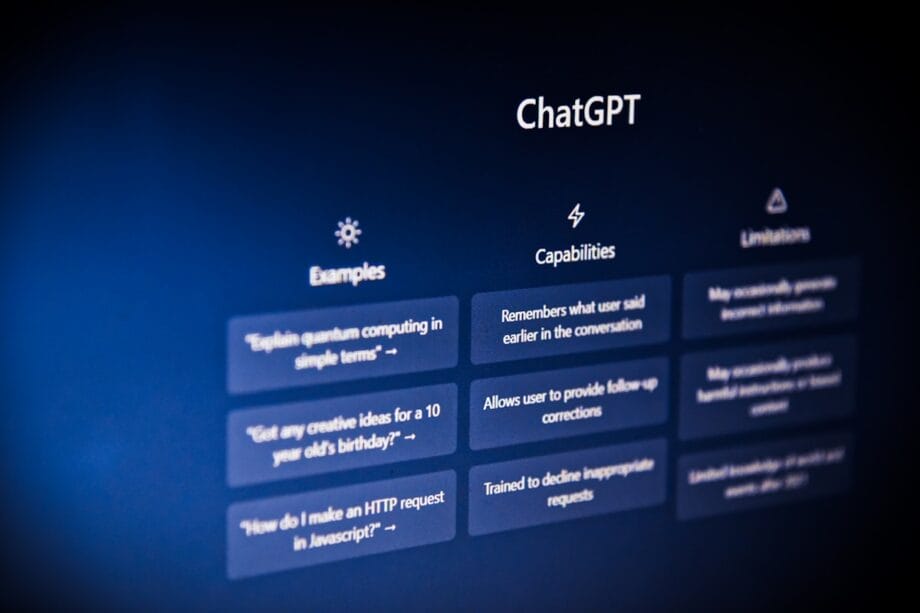AI-Powered Web Search Catalyzes Emergence of Generative Engine Optimization
(Yicai) Sept. 18 — The ascendance of AI-driven web searches is compelling brands and investors to delve into generative engine optimization (GEO), a burgeoning domain poised to redefine online visibility, succeeding traditional search engine optimization (SEO).
In August, Sequoia Capital spearheaded a Series B funding initiative for Profound, a US-based GEO startup, assigning a valuation exceeding USD 100 million to the company.
Moreover, on September 8, PureblueAI, established by Lu Yang, the erstwhile head of marketing for ByteDance’s chatbot Doubao, successfully concluded a financing round, garnering several million yuan.
In contrast to SEO, which predominantly hinges on keyword utilization, GEO is propelled by sophisticated AI recommendation systems. When users articulate inquiries, models such as Doubao and the DeepSeek algorithmically craft responses by referencing extensive online content.
These replies often pertain to companies or brands, oscillating between positive and negative mentions, thus engendering what is termed AI visibility and compelling firms to pursue enhanced exposure.
Tony Yan, co-founder of the US-based content marketing enterprise QuickCreator.io, articulated that the trajectory of augmenting visibility within AI-generated outputs adheres to a discernible pattern.
By pinpointing esteemed sources favored by various models, brands can strategically embed their presence within the content utilized by these AI systems.
QuickCreator.io unveiled its GEO product in May, attaining over 1,000 registered users, with a daily influx of 10 to 20 new registrants. A majority of these users hail from international markets, including some from China.
Yan attributed the swift adoption to robust market demand, particularly given that the product has not yet undergone formal marketing efforts.
Nick Hu, chief executive officer of the digital marketing agency Cross Border Digital China, remarked to Yicai that numerous firms now engaging in GEO previously concentrated on SEO.
This transition is deemed inevitable, he noted, as companies take heed of the increasing traffic and sales stemming from platforms like ChatGPT.

On the client front, Liu Junchen, overseeing the promotion of Cross Border Digital’s GEO product, indicated that brand awareness of GEO is inconsistent across sectors.
Presently, the majority of paying clients emerge from the financial sector, software enterprises, and top-tier independent e-commerce brands.
Nonetheless, the GEO sector confronts multifaceted challenges. Primarily, China’s content ecosystem remains disjointed, affecting the uniformity of AI-generated responses.
Additionally, with developers of large language models making substantial investments in training, the question of which models will ultimately prevail remains uncertain. Such factors could significantly impact the momentum and trajectory of GEO’s expansion.
Source link: Yicaiglobal.com.






